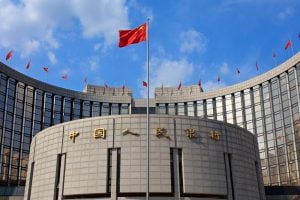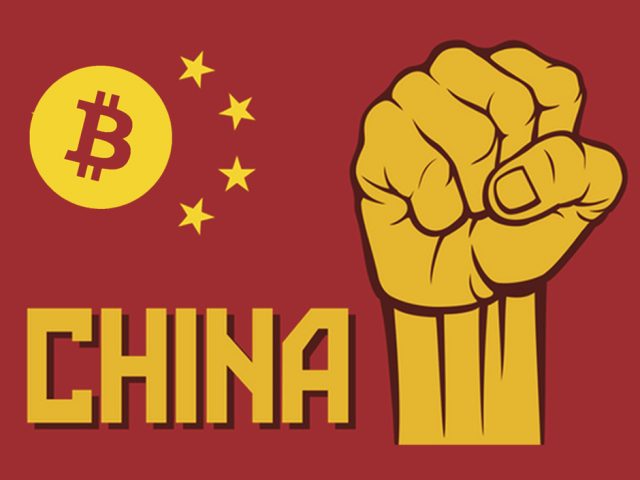‘Civil Rights Objects’
If the law is passed, Bitcoin and other cryptocurrencies, online gaming tokens and general data-based information would become officially recognized as “Civil Rights Objects” across the country.
Dan Li, operating manager of Chinese bitcoin news and information site BTCKan, said the new draft is good news, and a positive step that will encourage the bitcoin community to grow.
I think the law indeed gives Bitcoin fans a new confidential atmosphere to go further on blockchain technology.
BTCKan also reported the new General Provisions Draft could give bitcoin users new legal channels in case of theft – treating them as similar to personal data stolen in an information leak or hack. The same rule would apply to non-blockchain-based digital assets such as tokens earned in games.
Legal Background
 The Draft was released during a session of the 12th National People’s Congress Standing Committee (China’s Congress) in Beijing on June 27th.
The Draft was released during a session of the 12th National People’s Congress Standing Committee (China’s Congress) in Beijing on June 27th.
It contains two articles concerning virtual properties and data-based information. The first is Article 104, which states that “Objects” includes “immovables and movables.” Specific rights or virtual properties defined as “property rights objects” by the law shall now be treated accordingly. The second is Article 108.2.8, concerning Intellectual Property and data information.
The new laws come as the result of years of legal battles over personal data and digital property in China, as technology advances mean more and more of people’s possessions have no physical form.
China’s Civil Law defines items that can be considered citizens’ private property as: “legal income, real estate, deposits, livelihood appliances, historical relics, books and materials, forests and woods, livestock, other means of production granted by laws and other legal properties.” Non-tangible items were not explicitly mentioned.
Bitcoin & China’s Central Bank
 The Notification on Preventing Bitcoin Risk, issued by the People’s Bank of China (PBOC) in 2013, made an attempt to understand Bitcoin’s legal status. It also led to confusion in the Chinese and international Bitcoin community at the time, which assumed the government was attempting to “ban” Bitcoin.
The Notification on Preventing Bitcoin Risk, issued by the People’s Bank of China (PBOC) in 2013, made an attempt to understand Bitcoin’s legal status. It also led to confusion in the Chinese and international Bitcoin community at the time, which assumed the government was attempting to “ban” Bitcoin.
Such a ban, however, never occurred and Chinese bitcoin exchanges continued to operate almost as they had before, though they issued cautionary notices to users to avoid excessive price speculation and risk.
The PBOC notice said (translated):
“Bitcoin is not published by monetary authorities, hence it lacks currency nature such as law-enforced-compensation and enforceability, and concludes that bitcoin is not a true currency. By its nature, bitcoin is a certain type of virtual commodity. It does not enjoy the same status of a currency in law. It cannot and should not be circulated and used in the market like a currency. But, bitcoin transactions is an online transaction of commodities, ordinary citizen enjoy the freedom of participation on their own risks.”
The proposed new law will alter this perception, though it still does not define Bitcoin as a currency. To date, no national government has dared to bestow that status on a cryptocurrency.
Exact Value Still Unclear
What the draft law does not define, however, is what digital property should be worth. Would a stolen bitcoin be worth the current market price, or price at the time of its theft? How would it account for different prices between exchange platforms? And in the case of proprietary tokens issued by central systems, would it make a difference if they can be duplicated infinitely (and thus more easily replaced)?
Such issues may have to be decided as actual cases arise.

